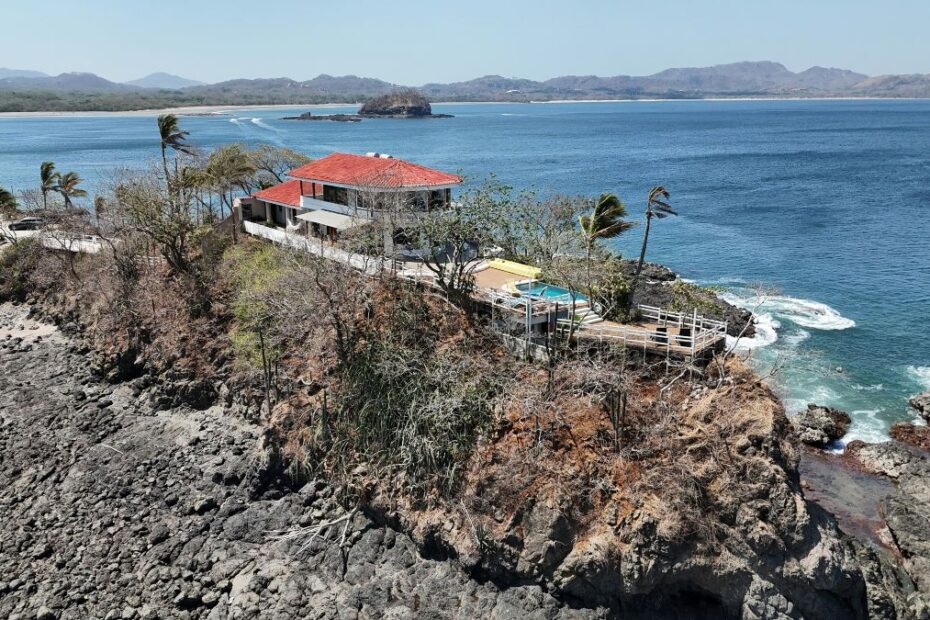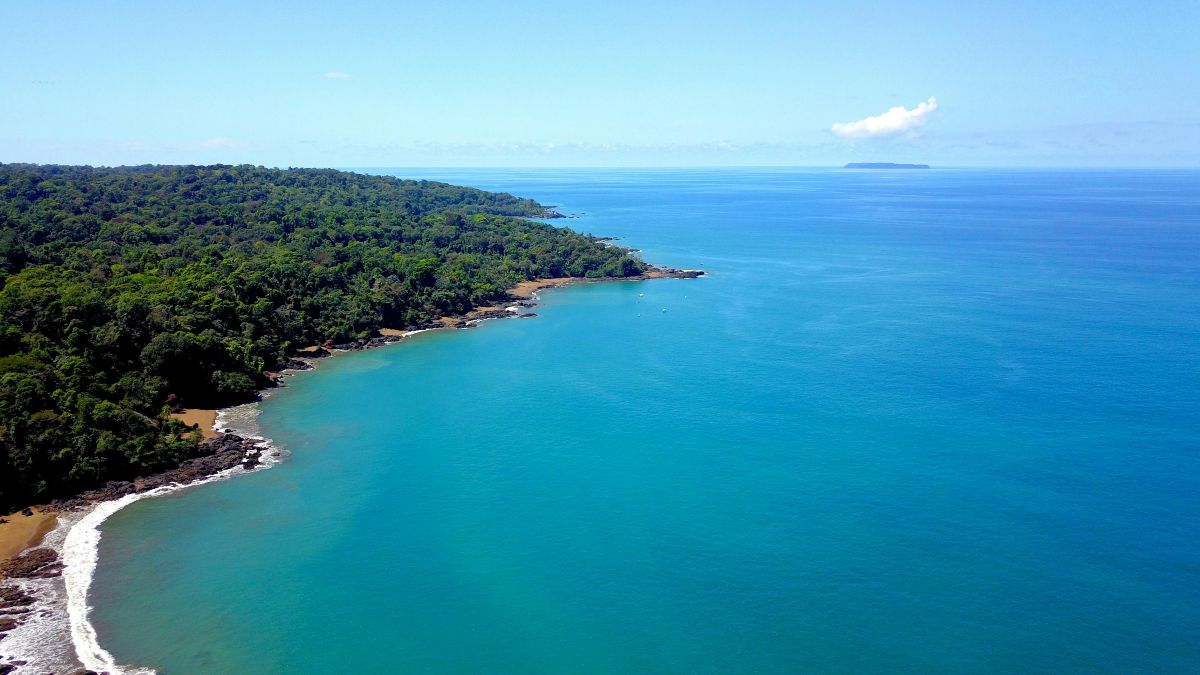Starting January 2025, Costa Rica’s vacation rental hosts face new tax reporting requirements. Platforms like Airbnb must verify host information or freeze payments in major regulatory shift.
Costa Rica’s vacation rental hosts face stricter oversight from January 2025, as the country becomes Latin America’s first to implement comprehensive digital platform tax reporting requirements. The measure comes amid concerns over the impact of unregulated vacation rentals on local communities, particularly in popular beach towns where housing has become increasingly unaffordable for residents.
New Reporting Requirements
Under the new framework, digital platforms must begin collecting comprehensive data about their users’ activities throughout 2025, with the first reports due to the Ministry of Finance by April 30, 2026. For vacation rental platforms, this information will include property addresses, total payments received, number of rentals, and complete identification details of property owners.
The timing is significant, as government estimates suggest only about 5,000 of approximately 44,000 short-term rental hosts in Costa Rica are currently registered and paying appropriate taxes – a compliance rate of some 11%. This low compliance rate has long been a point of contention with the traditional hospitality sector, which must operate under stricter regulations and higher tax burdens.
Platform Obligations and Host Impact
Starting January 2025, platforms like Airbnb must implement verification procedures for host information, with the possibility of payment freezes for those who don’t provide accurate data. While the regulation doesn’t create new tax obligations, it provides tax authorities with tools to verify compliance with existing laws.
Airbnb says it supports the new regulations, stating they will strengthen tax compliance while promoting transparency and fair competition. The platform plans to implement a three-month period prior to the official start date for hosts to update their information.
Broader Implications
Finance Minister Nogui Acosta acknowledges that while the new reporting requirements won’t immediately solve all compliance issues, they represent a significant step toward leveling the playing field between traditional lodging providers and vacation rental operators.
The regulations could provide authorities with crucial oversight of the estimated $800 million vacation rental market. Unlike hotels, many vacation rental operators currently avoid paying Value Added Tax (IVA) and corporate taxes, while benefiting from lower residential utility rates and minimal oversight.
These new measures mark an important milestone in Costa Rica’s efforts to regulate the digital economy while addressing concerns about housing accessibility in tourism-dependent communities. For hosts currently operating outside the regulatory framework, the coming year will bring unprecedented scrutiny of their rental activities.



